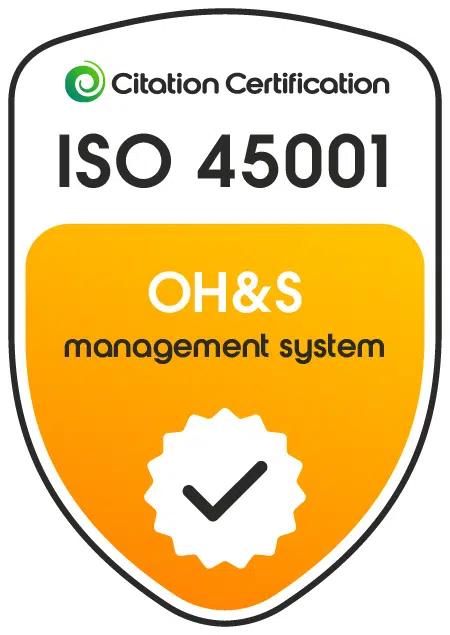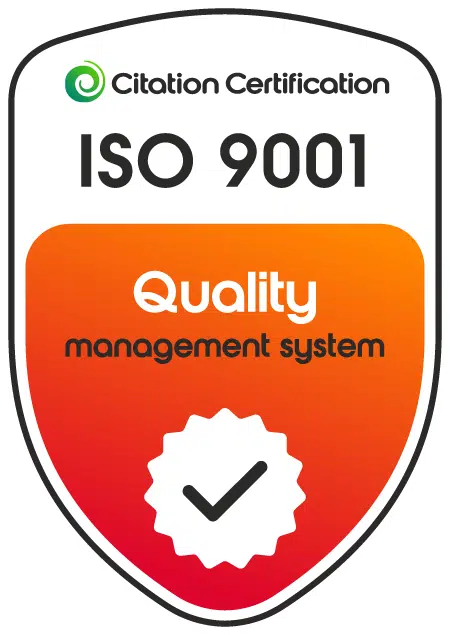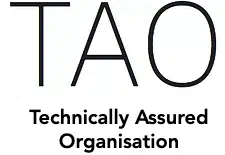BIM and DIGITAL ENGINEERING
At PSM, we are leading the way in developing fully integrated / parametric models. With the ability to deliver live feeds to design development, we service our client with the latest in BIM technologies.
PSM applies advanced 3D modelling, visualisation and monitoring methods to design and build excavations, which do not adversely affect the existing environment. We take pride in our innovative approach to BIM, which we consider industry-leading, and consistently strive to deliver unique, high-quality engineering solutions tailored to each project we are involved in.
OUR APPROACH
The prime emphasis of the services provided by PSM ensure detailed, accurate transfer of information from the designer to the construction team and the owner to provide practical outcomes. We are committed to driving innovation in the digital engineering space to advance tunnel infrastructure into a modern digital era through the use of data-rich models.
We ensure a detailed model is available at any stage of the design process. This enables early detection of design clashes, volume estimation, calculation of construction cost, determine constructability and communication of design progression / intents.
We use a long list of design programs and industry standards to find the balance of technological advancement and project delivery. We seek harmony between the client's requirements and construction needs.
Disciplines covered for BIM
Modelling and Management
- Permanent Tunnel Works
- Temporary Tunnel Works
- Civil Structures
- Civil Design and Site Layouts
- Dive Structure
- GIS
- Permanent and Temporary Shafts
- Complex and Dynamic Geometry
- Complex Construction Sequencing
- Bracing
- Geological Mapping
Projects
Cross River Rail - Caverns
The project consists of 4 new major underground station, mined tunnels and cross passages. Located underground within metres of inner city, high-rise buildings, sewer, piles and low cover to the surface. The modelling accuracy of stations was essential as structures and services came within millimetres of primary tunnel support.
We provided weekly model updates for a live and interactive design. The models met LOD500 requirement and had one of the most complex metadata level requirements seen at the time on an infrastructure project in Australia. This was due to not only complying with state (TMR) requirements but stringent QR and development authority requirements. Each weekly submission consisted of 3 file format native, .IFC and .nwc outputs.
Cross River Rail - shafts
In addition to the tunnelling scope, PSM was awarded 4 temporary shafts located at the southern portals. Due to site constraints and geological conditions, unique shafts were designed and modelled.
Rozelle Interchange
For the Rozelle Interchange Project, PSM was required to provide regular model updates for federation into the project model. The model had to meet the LOD & Metadata requirements as defined in the project DEMP.
Tunnel model development was data driven and semiautomated. For the road tunnels, the lead contractor provided PSM with a minimum component envelope (D-Line) in the form of raw data (excel spreadsheets). This process enabled us to quickly and accurately model and adapt models from updated D-line geometry. Algorithms were used to automate development of the 3D excavation temporary and permanent profiles.
The script files used to generate our models were also leveraged to produce setout tables, which were provided to construction surveyors for tunnel setout. This process ensured that the same data used to generate the models was provided as final setout data ensuring seamless delivery.
sydney metro
For the Sydney Metro Project, PSM was required to provide regular model updates for federation into the project model. The model had to meet the LOD and Metadata requirements as defined in the project DEMP.
Tunnel model development was data driven and semiautomated. For the station Caverns tunnels, minimum clearance opening in the form of a 3D Surface was provided by the client. From this, the tunnel profiles were created and the models developed to ensure that the tunnel fit out would comply with all project requirements.
wynyard walk
For Wynard Walk, PSM provided model updates for federation into the project model. Although rudimentary by today's standards, this was one of the first applications of BIM modelling in the Australian infrastructure sector and played a vital role in managing interactions between the works and existing services and infrastructure.
As these tunnels were within millimetres of existing services, design tolerances were minimal and the margin for error was small.
Contact
TALK TO OUR BIM & Digital Engineering EXPERTS
Our team has extensive capabilities to provide solutions for complex problems. Reach out today to find out how we can help.

Hendrerit elementum dolor vitae quam sit blandit mauris, nunc. Ut convallis enim ac, et vestibulum risus bibendum interdum congue. Id posuere suspendisse dictum faucibus in nisi velit tellus. Posuere quis pretium imperdiet sed quis tincidunt lacus nullam.





